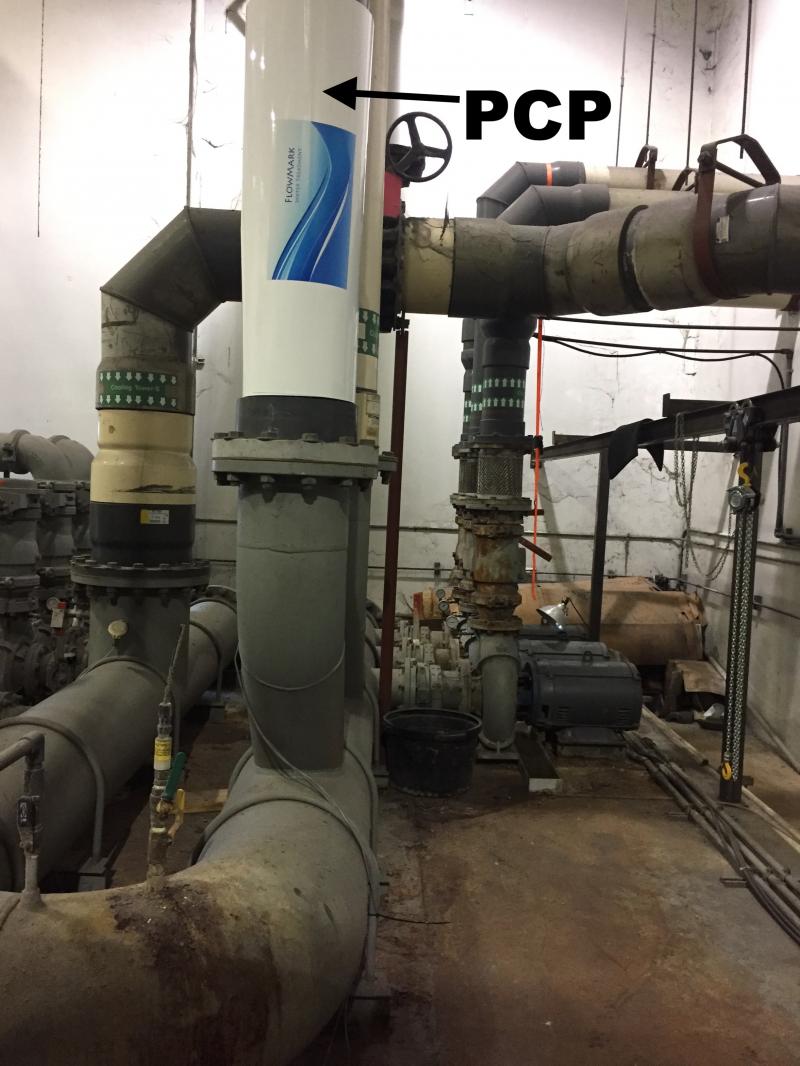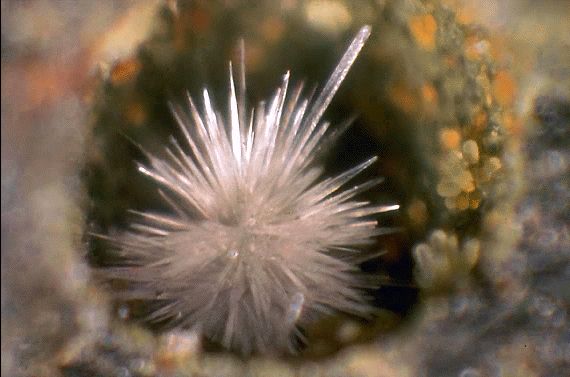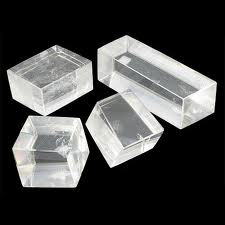Waterhouse Corporation
Water Filtration Softening and Treatment
Deltona, FL 32738
United States
ph: 407-509-9658
richard
PCP Water Softening pH control & Dealkylization
Water Softening describes reducing the hardness (calcium) content of water. This requires the use of salt for regeneration.Dealkylization describes the removal of carbonate alkalinity to control the pH of the water. This also requiires salt for regeneration.
Particle collision precipitation (PCP) softening does not require salt and is the most cost efficient partial softening process available.
Dealkylization by particle collision precipitation (PCP) does not require salt and is the most cost efficient pH control process available.
The PCP device can be installed on pipibg up to 36" in diameter.
Particle collision precipitation provides softeneing and alkalinity reduction via forced high energy particle collisions.
Bicarbonate alkalinity is broken down and CO2 is generated via the reaction:
Ca(HCO3)2(aq) ![]() CO2(g) + H2O(l) + CaCO3(s)
CO2(g) + H2O(l) + CaCO3(s)
The bicarbonate breakdown to CO2 depresses the pH and alkalinty of the water.
This can eliminate the need for pH control in a cooling system and is safer than using acid.
The lower pH also increases the effectiveness of sodium hypochlorite as an alagaecide in a cooling water system.

PCP Installation
Calcium carbonate can precipitate in many forms. The most typical form is calcite. Pulsed electromagnetic force encourage Aragonite formation. The aragonite crystals resemble microscopic snowflakes and have a large surface area. This allows the crystals to remain suspended in the cooling water and exit with the blowdown. At high concentrations, a centrifugal separator can be used to remove the aragonite powder from the cooling water. This softens the water and lowers the alkalinity
 Microscopic Aragonite Crystal
Microscopic Aragonite Crystal

Calcite Crystals
Waterhouse Corporation
Water Filtration Softening and Treatment
Deltona, FL 32738
United States
ph: 407-509-9658
richard


